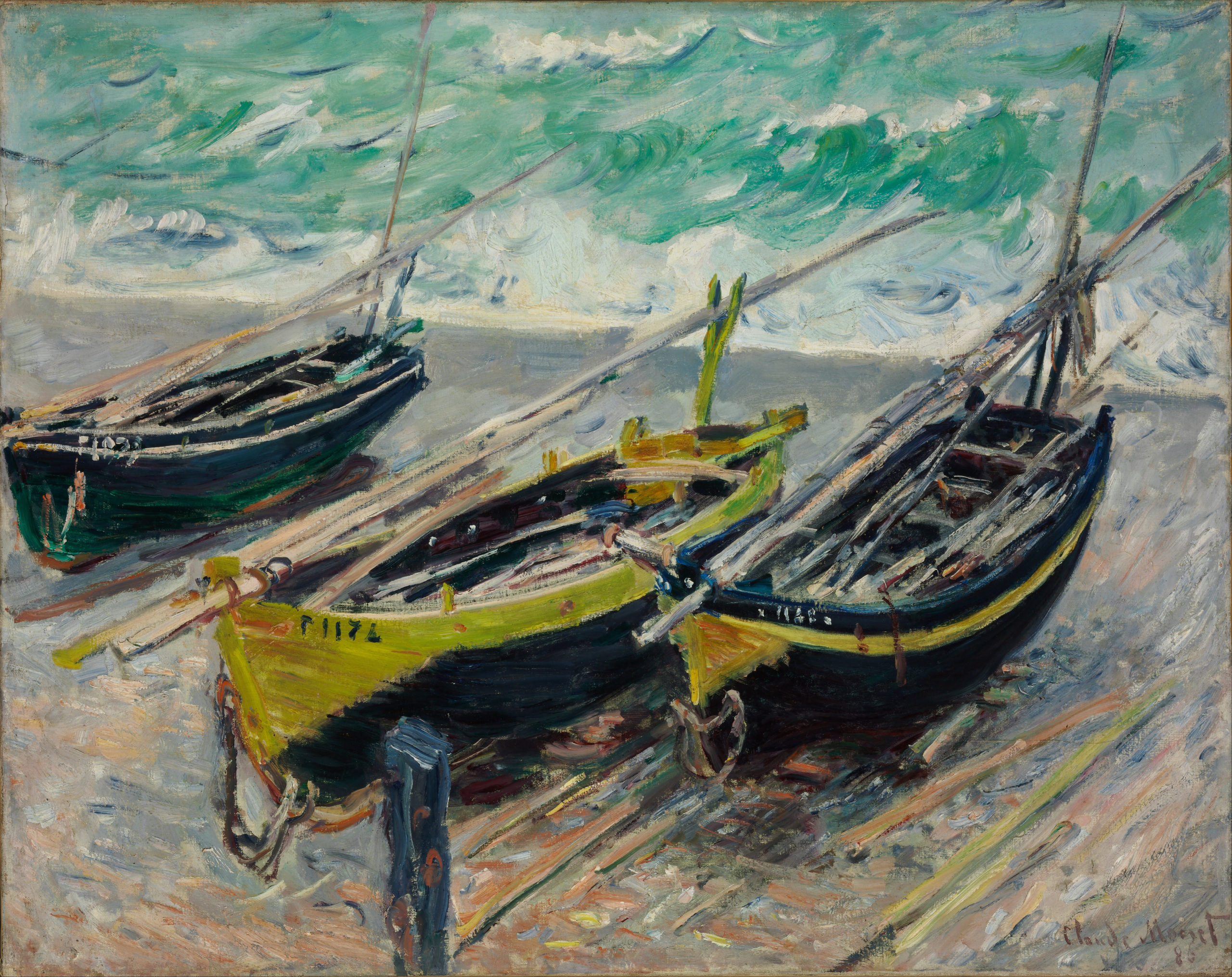Salome: The Most Hidden Woman in the Gospels

There was a hidden woman in last Sunday’s readings, one who dances through three of the four gospels (Matthew, Mark and John), and one who challenges us to link the dots to connect her story.
She’s behind the scenes, probably at home, as the familiar “I will teach you how to fish for people” story opens in Mark:
“Jesus saw James the son of Zebedee and his brother John, who were in their boat mending the nets. Immediately he called them; and they left their father Zebedee in the boat with the hired men, and followed him.” (Mark 1:19-20)
Picture James and John getting out of that boat and leaving all behind, including their father. They see Jesus and it is as if they can’t wait. And there’s a reason for this: according to biblical scholar Charles Barkley and others, James and John are Jesus’ cousins. Their mother, Salome, is the sister of Mary, Jesus’ mother. That makes her Jesus’ aunt.
The boys are ready. They’ve most likely spent at least some of their youth with Jesus. They know that he’s different. (Heretically speaking here, maybe they’ve even seen him practice some miracles.)
We see Salome appear first in the 20th chapter of Matthew, when she comes up to Jesus on the road and directly says to him: “Declare that these two sons of mine will sit, one at your right hand and one at your left, in your kingdom.” (Matthew 20:21).
Clearly she goes on the road, supporting her boys, supporting her nephew. And, unlike the disciples early on, she gets it. She knows that Jesus will be in Paradise, next to God.
This is a hugely expressive family. Jesus calls James and John the sons of Boagernes, meaning the Sons of Thunder. In some ways they are like the mafia. At one point, in Luke 9, Jesus tries to find lodging for the disciples in Samaria. Samaritans don’t like Jews, and vice versa, and the boys say to Jesus basically, “Hey, let’s blow these people up!” (Here are the exact words, from Luke 9:54: “Lord, do you want us to command fire from heaven to come down from heaven?”)
They get that from their mother. “Hey, Jesus, I want my boys in heaven. On either side of you!” Done. She’s bold and faithful and she asks for what she wants, a time-honored practice among Bible women of the New Testament.
We also see her at at the Cross (John 19:25), along with Mary Magdala, Mary, Jesus’ mother, and at the tomb, when she goes to anoint her nephew’s body (Mark). She’s one of the women “of means” who supports Jesus in his ministry, and no doubt her finances come from Zebedee’s fishing practice—he does, after all, have hired hands who are helping him, according to Mark 1:20.
Like the disciples, she knows that Jesus’ ministry is a dangerous one, yet she supports both her nephew and her sons. And her fears are not unfounded. James is martyred by Herod for his faith; he is the first disciple to be killed (Acts 12:1-2). Her other son, John, is the beloved disciple, the framer of the Gospel of John, the one who will take Mary into his home after Jesus had died.
Like other women in the Gospel, Salome is bold and brave, asking for what she needs, as she stands in that small circle of women who accompany Jesus through both his ministry to his death and beyond to the resurrection.
Many of us are also what might be seen as “hidden” witnesses to Jesus. Not in the sense, I hope, that we hide away our commitment and love for him… but rather in the sense that we too will probably not find our names presented boldly in some holy book about our witness—that when it is over, someone will have to “connect the dots” to see how Jesus formed and changed our lives, and how we played our parts in being part of his.
But that’s the way it’s supposed to be. We answer the call to the best of ability with what we have. For Zebedee, it meant staying at home and keeping the infrastructure of the family going. For James and John and Salome, it meant being on the road with Jesus, going where he would go.
When Jesus named the right time, Salome gave all she had to follow him. She told Jesus what mattered to her, that her sons live on in Paradise, for she would know the ultimate sacrifice—the death of a child. And then she stepped forward, her life forever changed.
A powerful hidden witness in scripture, she also knew the most important thing of all: that wasn’t about her. Likewise, it’s not about us. It’s about salvation and redemption. It’s about who God is, and how we are connected to the carrying forward of God’s story, for the good of all.
Painting: Claude Monet, public domain

